Customer Services
Copyright © 2025 Desertcart Holdings Limited
Desert Online General Trading LLC
Dubai, United Arab Emirates
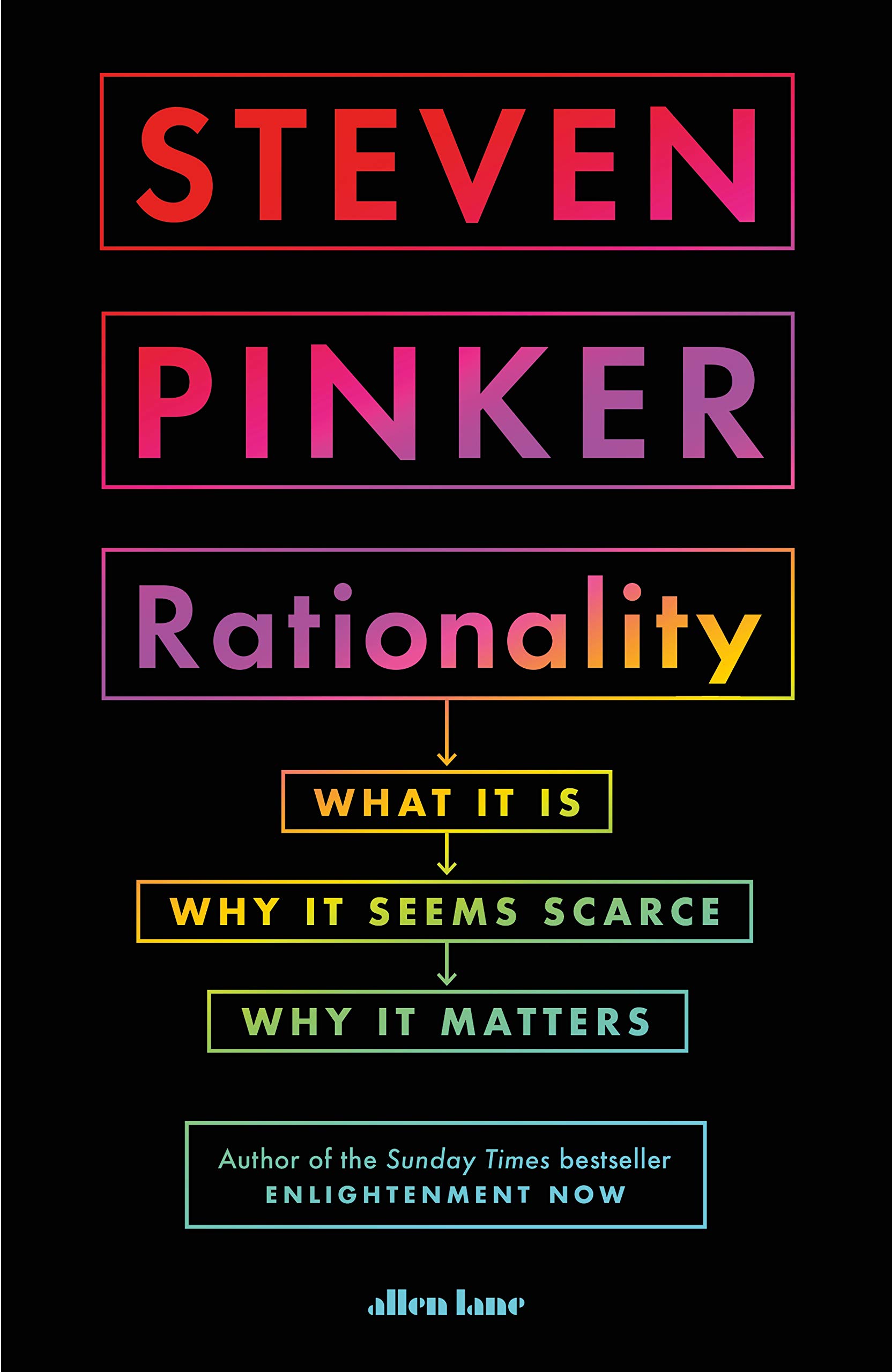

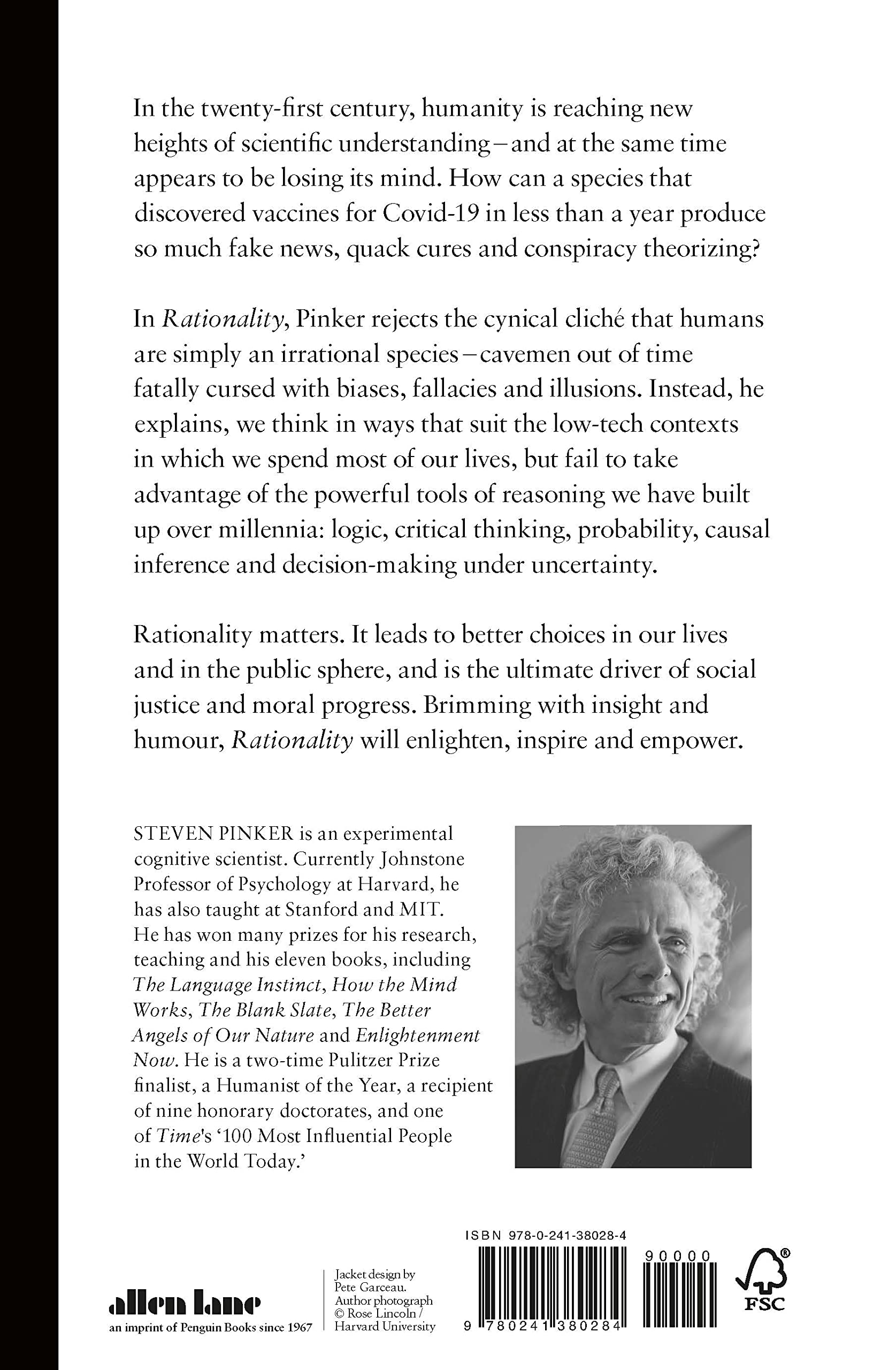
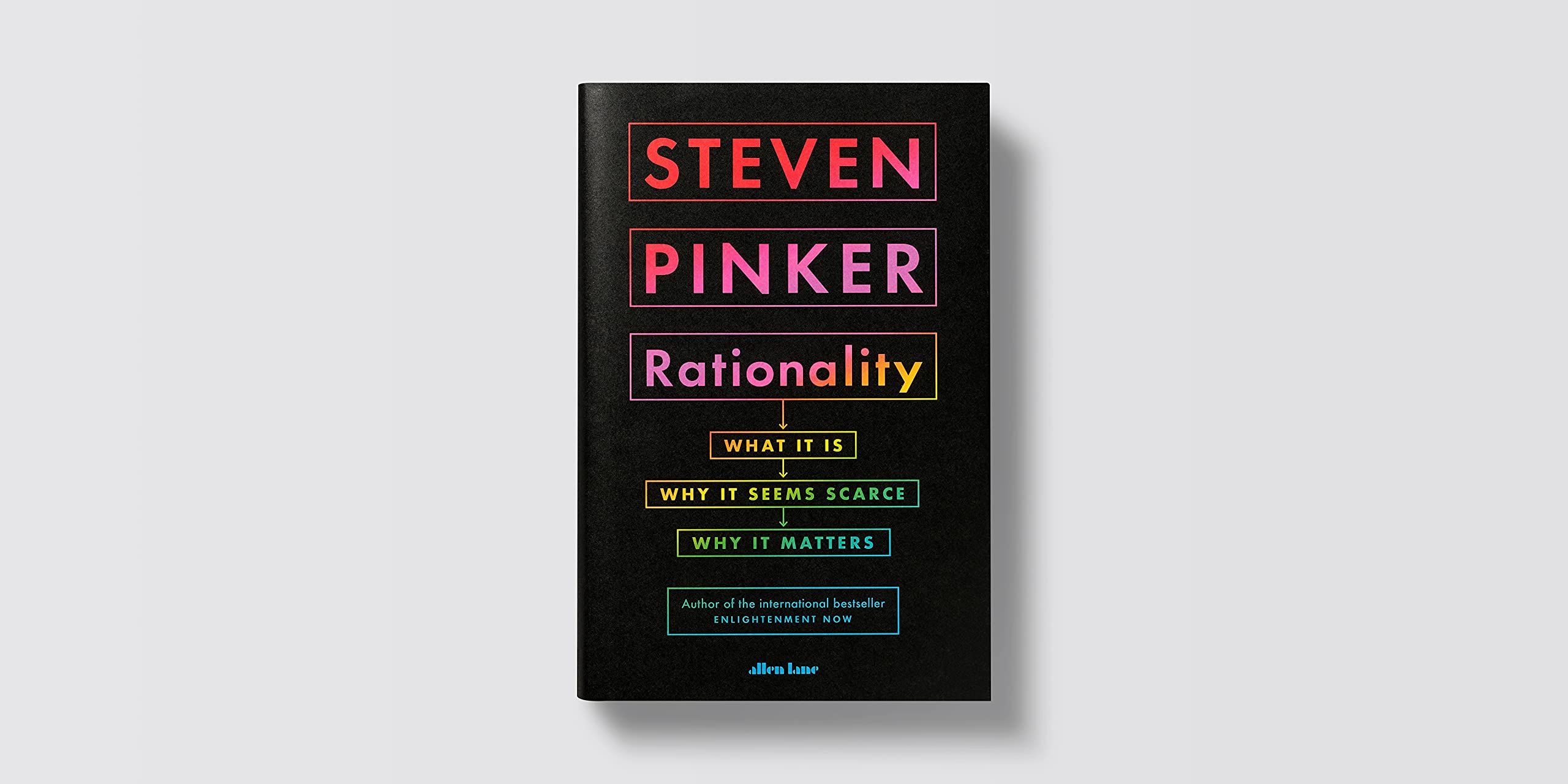

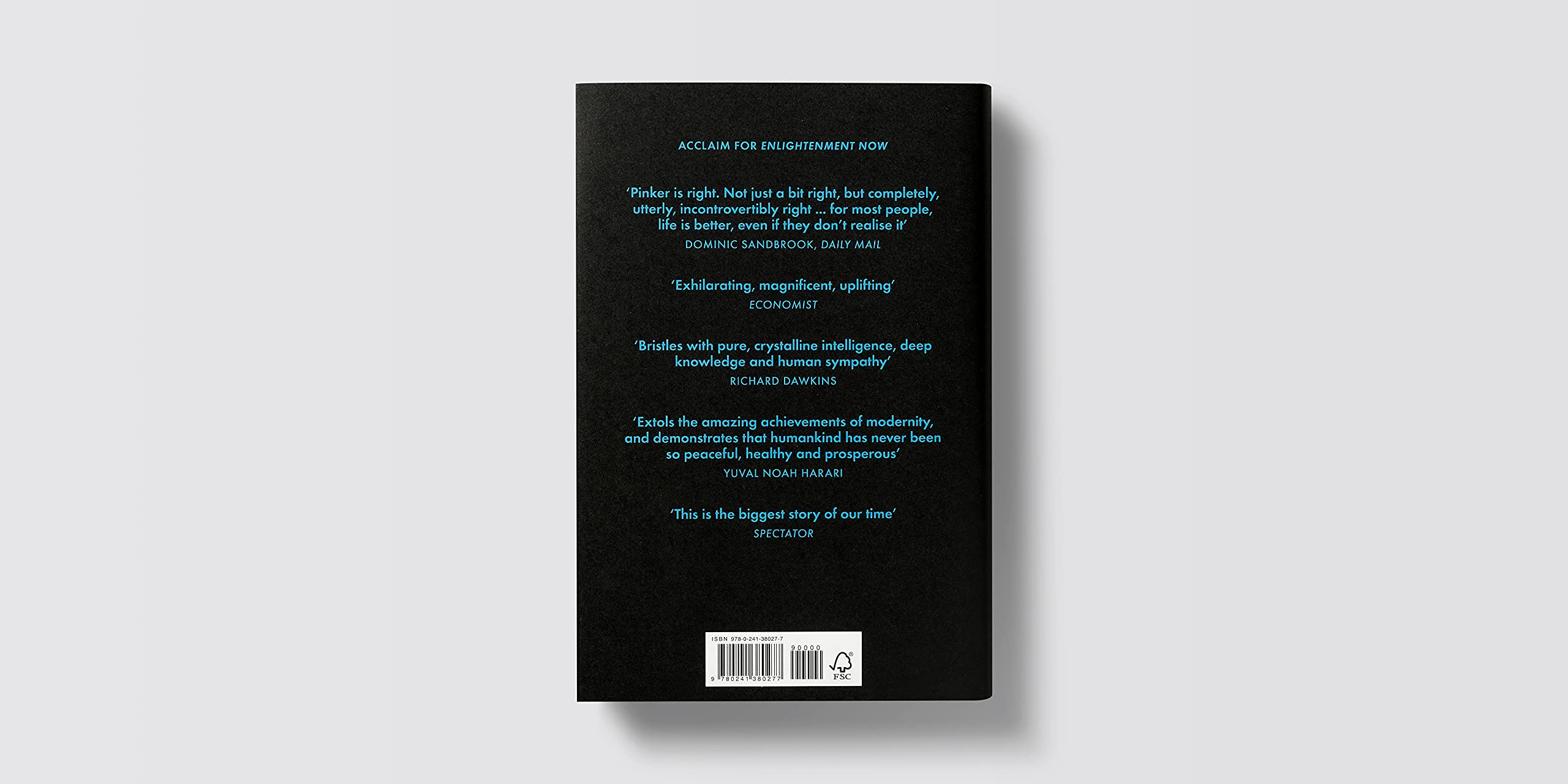
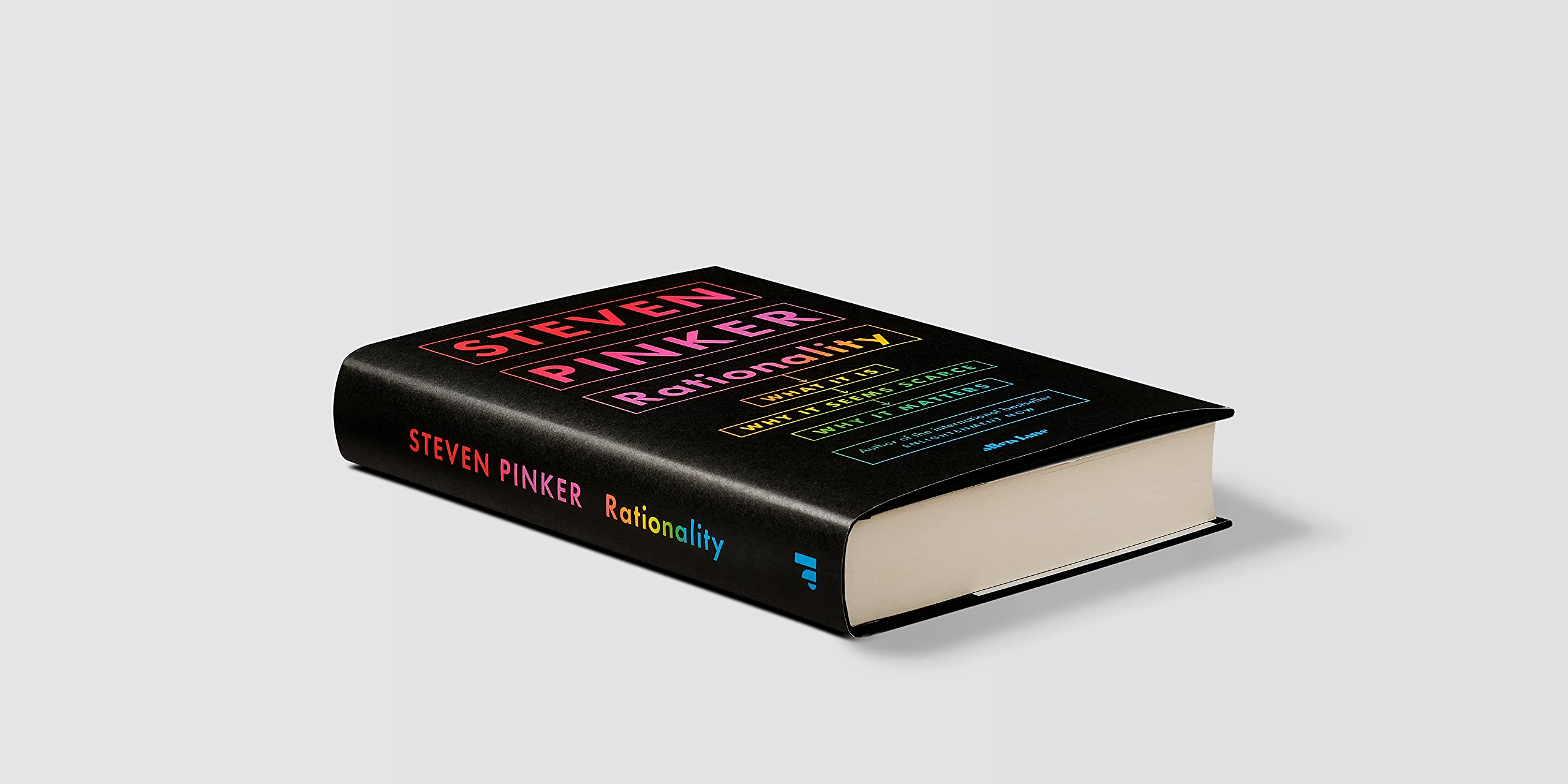

Full description not available



S**D
Nice book
Facts explained very nicely
R**T
Great (Price : Rs.440 on 4/5/2023)
Got it in good condition (print okay) even though it had some scratches on the cover. Got it for Rs. 440(w/o delivery)
H**M
Just the clarity of thinking is amazing
Usually after you understand you may have biases and perceptual problems- what next
R**A
Whatever is claimed is true about it.
An excellent product indeed. Spacious, smart looking and useful.
R**C
Yet to read. Book came in good condition.
Rajkumar Couppoussamyyet to read . Book came in good condition.
A**I
Reading interest ... gone
The product is an used one probably read by quite a few before it has beensold to me.Oily shades on the right half of many pages with yellowish pages,,Did not expect this condition..Not going to return it either.Will keep as memorablia.At least mention if it is a USED BOOK...
R**Y
improve paper quality
it’s not worth the price compared to paper qualityBooks of this sort, readers would like to keep it for long not one time read, so maintain paper quality, learn from other publishers
V**Y
The book cover was damaged.
The print is great, but the cover is damaged.
Trustpilot
2 weeks ago
1 month ago
1 month ago
3 days ago